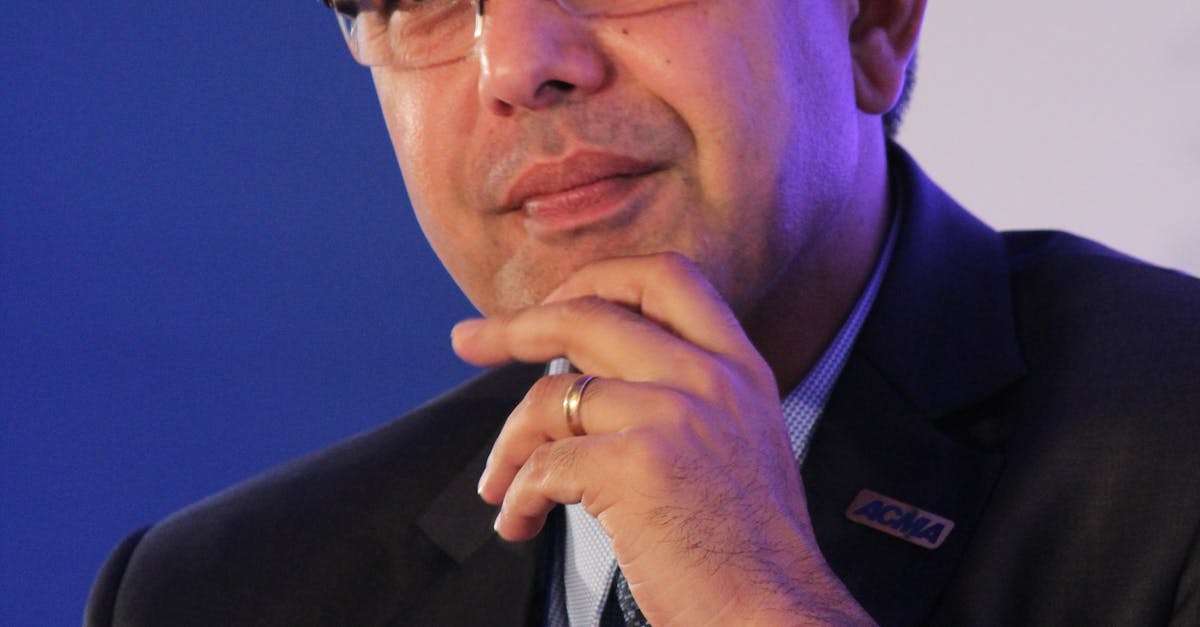
Comparative Analysis of Dispute Resolution and Settlement
Dispute resolution and settlement are both integral processes in addressing conflicts outside of the traditional courtroom setting. While settlement typically involves parties reaching a mutually agreed-upon resolution through negotiation, dispute resolution encompasses a broader spectrum of methods, including mediation, arbitration, and collaborative law. These approaches prioritize finding common ground and fostering cooperation between parties, aiming to resolve disputes amicably and efficiently without the need for formal litigation.
Litigation, on the other hand, involves a more adversarial approach where a judge or jury makes a final decision based on legal arguments and evidence presented by each party. This process is generally more formal, time-consuming, and costly compared to dispute resolution methods. Understanding the distinctions between settlement and dispute resolution is crucial for those seeking effective conflict resolution options. Whether searching for "Litigation and Dispute Resolution near me" or considering alternative methods, individuals and businesses should weigh the benefits and drawbacks of each approach to determine the most suitable course of action for their specific circumstances.
Impact of Legal System on Dispute Resolution and Settlement
The legal system greatly influences the processes of dispute resolution and settlement. In the realm of litigation and dispute resolution near me, the legal framework sets the guidelines and parameters within which disputes are addressed. By providing a structure for how conflicts are resolved, the legal system serves to uphold the rule of law and ensure that agreements are legally binding. Additionally, the legal system impacts the enforceability of settlements reached through alternative dispute resolution methods such as mediation or arbitration.
Furthermore, the legal system plays a crucial role in determining the rights and obligations of parties involved in disputes. Whether through statutes, case law, or contractual agreements, the legal system helps define the boundaries of permissible behavior and the consequences of breaching those boundaries. This clarity is essential in fostering trust among parties and ensuring that any resolutions reached are fair and equitable. As such, understanding the impact of the legal system on dispute resolution and settlement is key to navigating conflicts effectively.
Role of Mediation in Dispute Resolution
Mediation plays a pivotal role in resolving disputes by providing a platform for parties to communicate and negotiate their differences in a structured setting. Unlike traditional litigation, mediation encourages open dialogue and collaborative problem-solving, aiming to reach mutually acceptable solutions. In cases where litigation may seem like the only option, seeking mediation first can often lead to a more efficient and cost-effective resolution. The rise of online platforms has made accessing mediation services more convenient, allowing individuals to explore options like Litigation and Dispute Resolution near me with ease. The informality of the mediation process fosters a non-adversarial environment, promoting understanding and facilitating agreements that take into account the interests and needs of all parties involved.
Benefits of Choosing Mediation over Settlement
Mediation offers parties an opportunity to actively participate in the resolution of their disputes, providing them with a sense of control and autonomy that might not be present in a settlement. Unlike settlement, where decisions are often made for the parties by legal professionals, mediation empowers individuals to communicate openly and work together towards finding mutually agreeable solutions. This collaborative approach can foster a more amicable resolution process, enhancing the likelihood of maintaining or even mending relationships that may have been strained by the conflict. For those seeking a more personalized and flexible approach to resolving conflicts, mediation can offer a valuable alternative to the potentially adversarial nature of settlement discussions or litigation. In cases where maintaining a positive relationship with the other party is important, opting for mediation over settlement can provide a forum for constructive dialogue and creative problem-solving.
Furthermore, as an increasingly popular method of alternative dispute resolution, mediation often proves to be a more cost-effective and efficient option compared to settling disputes through traditional legal channels. By engaging in mediation, individuals can mitigate the expenses associated with prolonged litigation processes, such as attorney fees, court costs, and other related expenses. This can result in significant savings of both time and money, allowing parties to address their disputes in a timelier manner and with fewer financial burdens. For individuals or businesses looking to resolve conflicts promptly and with limited financial strain, exploring the option of mediation over settlement can present a beneficial way to address their concerns. For those seeking efficient and effective solutions to their conflicts, considering the benefits of mediation over settlement could prove to be a strategic choice in navigating the complexities of Litigation and Dispute Resolution near me.
Ethical Considerations in Dispute Resolution
Ethical considerations play a crucial role in the process of resolving disputes. When dealing with conflicts, it is essential to uphold the highest ethical standards to ensure fairness and justice for all parties involved. A commitment to ethical behavior not only promotes trust and professionalism but also protects the integrity of the resolution process. In the context of litigation and dispute resolution near me, maintaining ethical conduct is paramount to fostering a respectful and honest environment where disagreements can be addressed effectively.
In the realm of dispute resolution, ethical guidelines serve as the foundation for promoting transparency and accountability. By adhering to ethical principles, mediators and parties can engage in constructive dialogue and reach mutually beneficial agreements. Upholding ethical standards in the resolution process not only enhances the credibility of the outcomes but also cultivates a culture of respect and cooperation among individuals seeking to resolve their disputes. In the context of litigation and dispute resolution near me, ethical considerations serve as a cornerstone for fostering trust and promoting a fair and equitable resolution of conflicts.
Upholding Ethical Standards in the Resolution Process
Upholding ethical standards is paramount in the process of resolving disputes. It ensures that all parties involved are treated fairly and that justice is served. When engaging in litigation or considering dispute resolution options, individuals must prioritize upholding ethical principles to maintain the integrity of the process. In the realm of "Litigation and Dispute Resolution near me," ethical considerations play a crucial role in safeguarding the rights of all parties and fostering a sense of trust and respect in the resolution process.
Ethical standards in dispute resolution encompass various aspects, including confidentiality, transparency, and honesty. Maintaining the confidentiality of sensitive information shared during the resolution process is essential to protect the privacy and interests of the involved parties. Furthermore, transparency in communication and decision-making helps build credibility and ensures that all parties have a clear understanding of the process and outcomes. Adhering to ethical standards fosters a sense of trust among the parties and reinforces the legitimacy of the resolution process.
FAQS
What is dispute resolution?
Dispute resolution refers to the process of resolving conflicts or disputes between parties in a legal or formal manner.
What is settlement?
Settlement is an agreement reached between parties involved in a dispute, usually resulting in the resolution of the conflict without the need for a trial or further legal action.
What is the main difference between dispute resolution and settlement?
The main difference between dispute resolution and settlement is that dispute resolution encompasses various methods and processes for resolving conflicts, while settlement specifically refers to the agreement reached between parties to end the dispute.
How does the legal system impact dispute resolution and settlement?
The legal system plays a significant role in influencing the methods and outcomes of dispute resolution and settlement, as it provides the framework and guidelines within which these processes operate.
Why choose mediation over settlement in dispute resolution?
Mediation offers several benefits over settlement, including a more collaborative and flexible approach, confidentiality, and the opportunity for parties to work together to find a mutually acceptable solution.
What are some ethical considerations in the dispute resolution process?
Ethical considerations in dispute resolution include upholding confidentiality, maintaining impartiality, ensuring informed consent from all parties involved, and adhering to ethical standards set forth by professional organizations.




